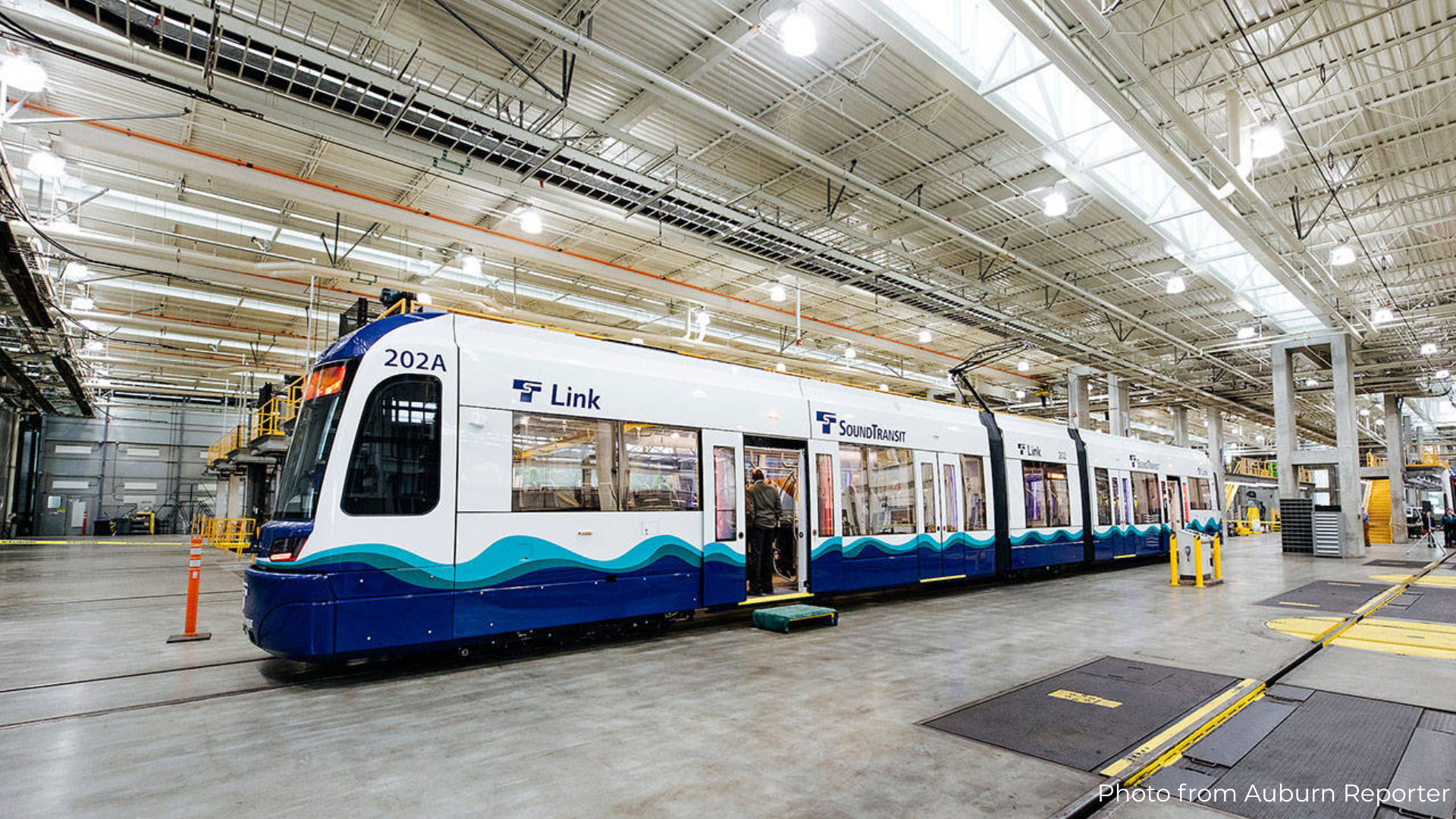The Sound Transit Board recently approved a 16% increase in the Hilltop Tacoma Link Extension budget. Tacoma Link is a 2.4-mile light rail extension from the Theater District in downtown Tacoma to the Hilltop neighborhood.
The budget was increased by $35.4 million to a total of $252.7 million. The project is 56% complete and is still scheduled to be delivered in May 2022.
According to officials, the cost overrun is due to “differing site conditions and obstructions, conflicts, and contaminated materials related to utility relocations, leading to accelerated use of project contingency.” Officials have known about the potential cost overrun as far back as May 2019.
I wonder if some of these cost overruns could have been avoided if Sound Transit had spent more time planning in the beginning, as a recent state performance audit of the agency recommends. The audit revealed Sound Transit had spent more than $100 million to fix mistakes and missing information in designs and contracts. Of the 324 change orders the state auditor’s office evaluated, ten had the same electrical problems with four different light rail expansion contracts.
Discussing problems that led to cost overruns on Tacoma Link, Sound Transit’s CEO, Peter Rogoff, said “construction workers would rip the streets up, find completely different underground conditions than what was mapped, cover the holes, re-design the project and rip up the streets again.”
This process has been especially difficult for the 100+ businesses located along the Tacoma Link route, who have lost money due to disruptive construction. Sound Transit has a “Loyal to the Local” program to work with businesses that are impacted by construction. The agency told the Puget Sound Business Journal “the agency has advertised some businesses on Facebook, set up signs in the neighborhood to let passersby know businesses are still open, and embedded a community outreach team to keep owners informed of construction activities.”
Aaron Morrell, who manages Morrell’s Dry Cleaners, said that despite what Sound Transit says they’re doing for businesses, he has felt “schmoozed” as no real help materializes. He added that when he goes to public meetings, he has felt “disenfranchised because nothing that you say there makes a difference.”
Pierce County Executive and Sound Transit Board member Bruce Dammeier said, “It has probably been one of the worst experience that I can imagine in a construction environment.” Dammeier also noted that the “prolonged work has affected the community beyond any construction project he’s seen during his career as a civil engineer.”
This isn’t the first time people have complained about how Sound Transit communicates with businesses that may be impacted by its rail expansions. In 2019, Sound Transit held a meeting in Federal Way without a public comment period to discuss potential sites for Sound Transit’s operations and maintenance facility. Sites included the beloved Dick’s Drive-In in Kent. Fawn Spady, the president of Dick’s Drive-In, commented that the process was “disappointing,” and that in her view, “they don’t really want true public input.”
In 2012, the State Auditor identified structural problems with the Sound Transit Board, noting that “voters have no say regarding who will represent them and limited recourse if they are dissatisfied with the decisions of the board.” The story of cost overruns and people feeling ignored will continue to repeat itself until Sound Transit Board members have an incentive to respect and listen to the public.
To provide that incentive, Board members should be directly elected and accountable to the public for decisions they make specific to Sound Transit. If they fail to do their job, people can vote them out. Senator Steve O’Ban (R-Lakewood) has sponsored legislation year after year to bring accountability and transparency to Sound Transit through direct elections – a long-standing WPC recommendation and policy proposal we continue to support.






